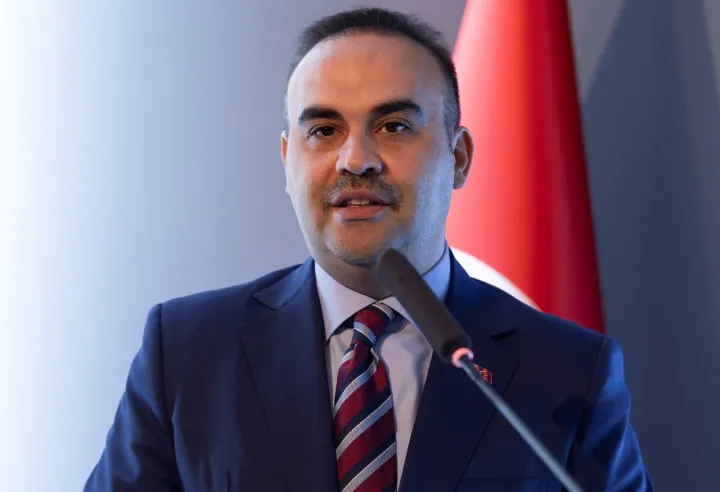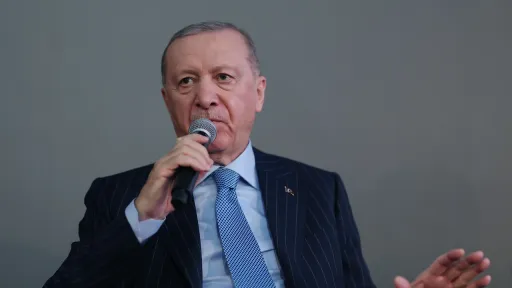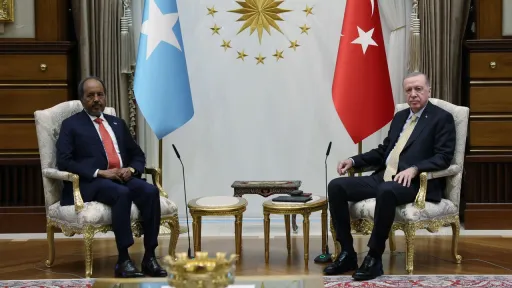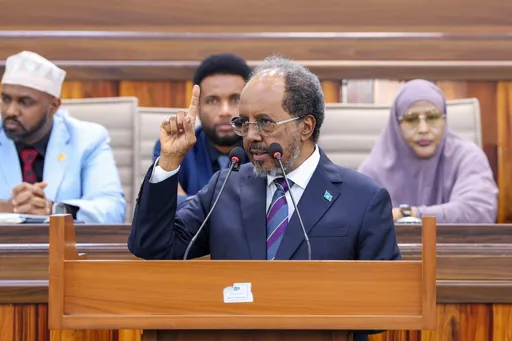Tunisia’s parliament amended a law on Friday, stripping power from the administrative court over decisions made by an embattled election authority whose members are appointed by President Kais Saied.
Nine days before the presidential election, a majority of members of parliament voted in favor of amending the young democracy’s first election law as the election authority remains in conflict with courts demanding that it returns three candidates to the ballot.
The move sparked anger from opposition and civil society groups.
Demonstrators picketed in protest of the law outside of parliament throughout Friday.
Candidates blocked
Since becoming the first country to topple an authoritarian leader in last decade’s Arab Spring, Tunisia has had two presidential elections that observers have judged as democratic. However, the lead-up to this year’s vote has been tainted by quarreling in recent weeks, between the court and the Independent High Authority for Elections, or ISIE.
ISIE’s role came under scrutiny after it dismissed a judicial ruling ordering it to reinstate three potential challengers to Saied who it had left off the ballot, claiming the campaign filings each submitted were incomplete.
Its decision to leave Monther Zenaidi, Abdellatif Mekki and Imed Daimi off of the ballot is among several actions that civil society groups in Tunisia have protested during election season. Both before and afterward, other candidates have been arrested or barred from participation.
Before Friday’s vote, members of parliament accused the court that ordered the candidates to be reinstated of non-neutrality.
Foreign meddling
Some said that its judges were acting on behalf of unnamed foreign interests and parties, echoing the rhetoric Saied has long employed against his opponents.
The North African country’s president has throughout his tenure accused civil society and opposition groups critical of his governance of acting on behalf of foreign countries.
Saied, who won his first term in 2019, will ask voters next weekend to grant him five more years in office.
➤Click here to follow our WhatsApp channel for more stories.
























